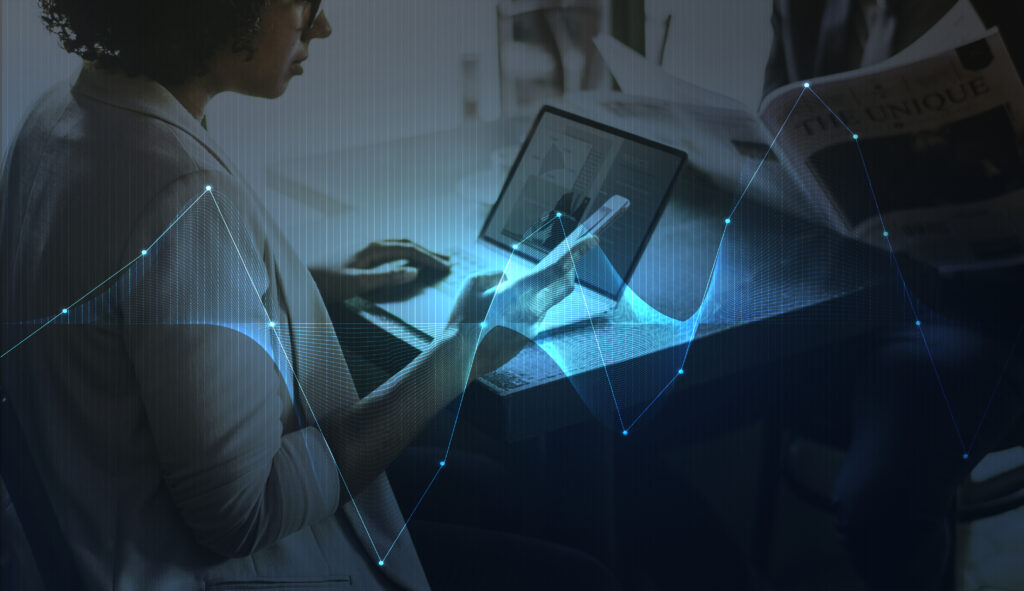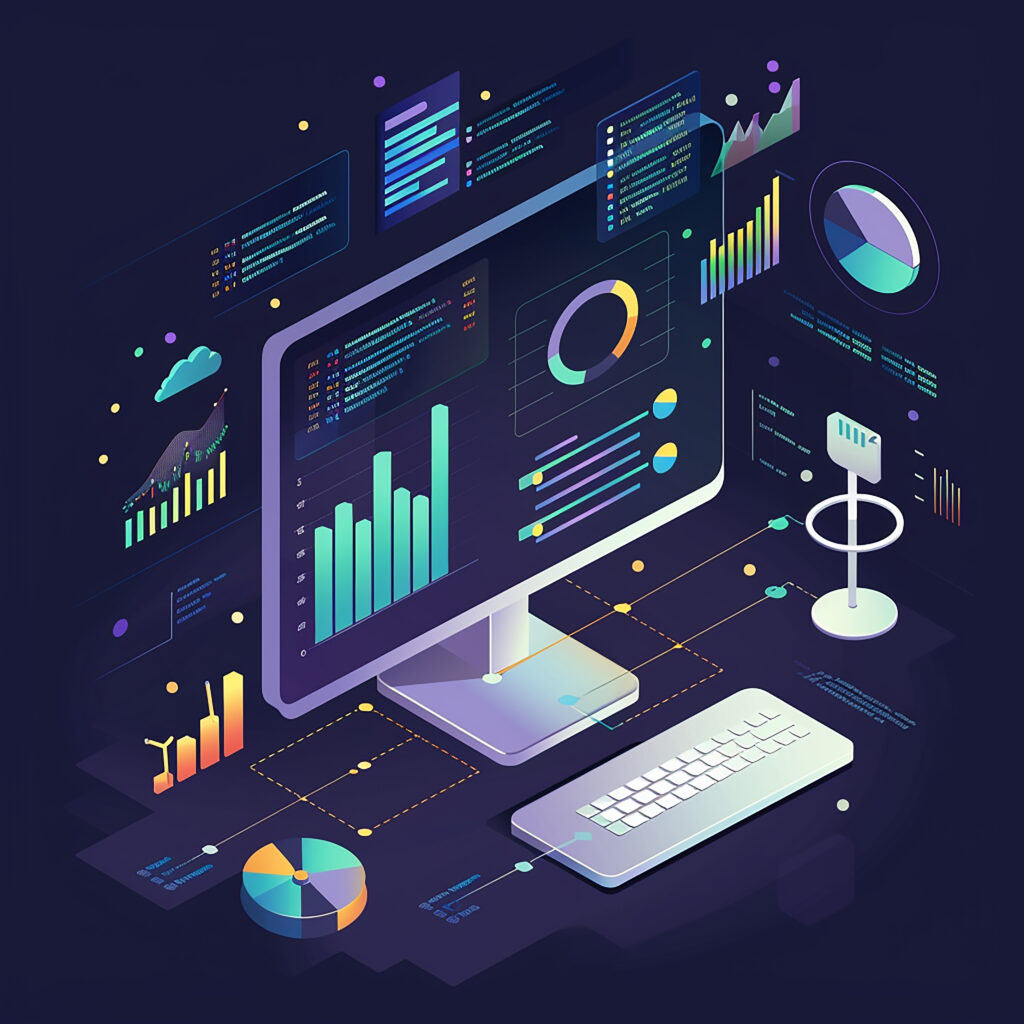
Aishwarya Nair
2 months ago
AI Set to Reshape the Global Economy with Monumental Growth and Innovation
Artificial Intelligence (AI) is rapidly transforming the global economy, driving monumental growth and innovation across industries. By 2030, AI is projected to contribute up to $15.7 trillion to the economy, enhancing productivity and creating millions of new jobs in fields like data science and AI development. Companies are leveraging AI to automate tasks, streamline operations, and develop new business models such as AI-as-a-Service (AIaaS). As AI reshapes industries, businesses and policymakers must adapt to this evolving landscape to unlock opportunities and ensure responsible AI integration.
Artificial Intelligence (AI) is poised to transform the global economy in ways that were once unimaginable. With advancements in machine learning, natural language processing, and deep learning, AI has rapidly evolved from a futuristic concept to a driving force behind economic growth and innovation. As we approach 2024, AI is expected to be at the heart of industries ranging from healthcare to manufacturing, delivering significant productivity gains, creating new job opportunities, and fueling global economic expansion.

The Growing Economic Impact of AI
According to a recent report by PwC, AI could contribute as much as $15.7 trillion to the global economy by 2030. This growth is driven by AI's ability to automate routine tasks, enhance decision-making, and unlock new levels of efficiency across industries. The adoption of AI in business is expected to increase productivity by optimizing processes, reducing errors, and providing valuable insights through data analysis.
Major corporations such as Amazon, Google, and Microsoft are already heavily investing in AI to streamline their operations, improve customer experiences, and develop new AI-powered products. In sectors like manufacturing and logistics, AI-powered robots and automation systems are reducing labor costs and improving production speed. Meanwhile, in the financial sector, AI is transforming areas such as risk management, fraud detection, and algorithmic trading, resulting in faster and more accurate decisions.
Job Creation and Workforce Transformation
While AI is often viewed as a technology that could replace jobs, it is also expected to create millions of new opportunities. As AI systems take over repetitive and mundane tasks, human workers will be free to focus on more complex, creative, and strategic roles. A study by the World Economic Forum predicts that AI could create 97 million new jobs by 2025, particularly in fields such as data science, AI development, cybersecurity, and AI ethics.
Businesses will require skilled professionals to design, implement, and maintain AI systems, as well as to interpret AI-generated data. This shift will lead to increased demand for AI specialists and data analysts, driving educational institutions and organizations to develop AI-related courses and certifications.
Innovation and New Business Models
AI is not just reshaping existing industries—it is also creating entirely new business models and markets. One of the most significant innovations AI has brought is AI-as-a-Service (AIaaS), where companies can access AI tools and technologies on-demand without investing in costly infrastructure. This has lowered the barriers to entry, allowing smaller companies and startups to harness AI's power to drive their growth.
In addition, AI is fueling breakthroughs in areas like personalized healthcare, autonomous vehicles, and smart cities. By analyzing vast amounts of data in real time, AI can help companies predict market trends, improve customer experiences, and develop cutting-edge products that were previously thought impossible.
Preparing for an AI-Driven Future
As AI reshapes the global economy, it is essential for businesses, governments, and individuals to prepare for the coming changes. Companies that embrace AI and invest in the right talent will be better positioned to thrive in the AI-driven marketplace. Additionally, policymakers must ensure that regulations keep pace with AI developments to address challenges related to ethics, privacy, and security.

In conclusion, AI is set to reshape the global economy with monumental growth and innovation. By improving productivity, creating new jobs, and driving technological advancements, AI will play a pivotal role in shaping the future of business and society. To remain competitive, companies must adapt to this changing landscape and leverage AI to unlock new opportunities and growth. Read more.